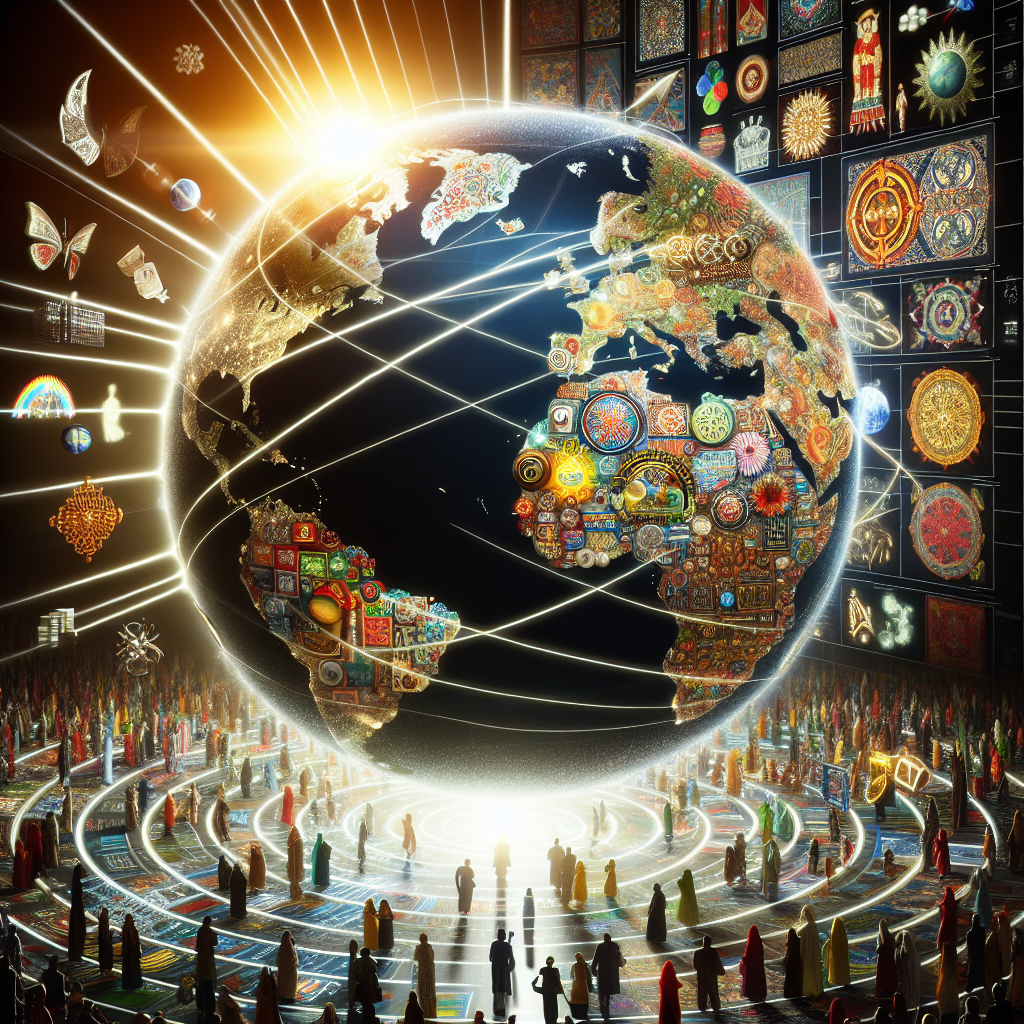
Digital Culture: How the Internet Shapes Our Identity
Josh Shear – In the digital era, the internet has become more than just a tool for communication and entertainment. It has evolved into a space where individuals craft their identities, express their beliefs, and connect with communities across the world. With social media, online forums, and virtual spaces shaping the way people interact, the question arises: how much of our identity is influenced by the digital world?
Identity is no longer confined to personal experiences or local environments. Instead, it is shaped and reshaped by online interactions, the content we consume, and the way we present ourselves digitally. As we navigate this interconnected world, it is essential to understand how the internet molds our self-perception and social identity.
Read More : Shocking Tech Trends of 2025 That Will Completely Transform Your Life
Social media platforms like Instagram, Facebook, and TikTok allow individuals to showcase a version of themselves that is often carefully curated. Through filters, captions, and selective posting, people create an online persona that may differ from their real-world identity. This ability to control how others perceive us can be empowering, but it also raises concerns about authenticity and self-worth.
The pressure to conform to social media trends and gain validation through likes and shares can lead to anxiety and a distorted sense of self. Many individuals find themselves crafting an identity that aligns with societal expectations rather than their true personality.
The internet has provided a platform for people to find and join communities that align with their interests, beliefs, and values. Whether it’s through niche subreddits, Discord servers, or Facebook groups, these digital spaces allow individuals to explore their identity in ways that may not be possible offline.
For many, these online communities serve as a safe space where they can express themselves without fear of judgment. However, the downside is the potential for echo chambers, where individuals are only exposed to viewpoints that reinforce their existing beliefs, limiting personal growth and diverse perspectives.
The internet has revolutionized activism, allowing people to advocate for social and political causes more effectively. Hashtags, viral campaigns, and online petitions have mobilized millions, amplifying voices that may have otherwise gone unheard. Movements such as #MeToo and #BlackLivesMatter demonstrate how digital culture can drive real-world change and reshape societal narratives.
While digital activism has empowered individuals to participate in discussions on important issues, it also raises concerns about performative activism—when people engage in online advocacy solely for social approval rather than genuine commitment to a cause.
From meme culture to fandom communities, digital subcultures have played a significant role in shaping modern identity. These online spaces allow people to bond over shared interests, fostering a sense of belonging and creativity. The rise of influencers and internet personalities further blurs the line between individual identity and digital culture, as many seek inspiration from online figures who shape trends and opinions.
While digital subcultures offer a space for expression and connection, they also have the power to influence societal norms, often creating unrealistic expectations about lifestyles, beauty standards, and success.
Maintaining a balance between online and offline identity is essential in ensuring mental well-being. While the internet provides a space for exploration and self-expression, it should not replace real-world interactions and experiences. Developing self-awareness and setting boundaries for digital engagement can help individuals maintain a healthy relationship with their online presence.
As technology continues to evolve, so will the way we construct and perceive identity. With the rise of virtual reality, artificial intelligence, and the metaverse, the boundaries between digital and real-life identities will become even more blurred. It is crucial to remain mindful of how these advancements shape our self-perception and interactions with others.
While the internet offers limitless opportunities for connection and self-discovery, it is important to approach digital culture with critical awareness. Recognizing the benefits and pitfalls of online identity formation allows individuals to navigate the digital world more consciously, ensuring that their sense of self remains authentic amidst an ever-changing virtual landscape.
This website uses cookies.